Over half your energy costs are probably associated with your boiler, so improving steam boilers efficiency is a simple way to save money. You want some excess air as it’s absolutely necessary for the steam boilers combustion process, but you want just the right amount – neither too much, nor too little. Try to find that ideal balance to achieve optimal combustion.
Steam Boilers efficiency is a combined result of efficiencies of different components of boilers. A steam boiler has many subsystems whose efficiency affects the overall steam boilers efficiency.
Boiler Efficiency is in general indicated by either Thermal Efficiency or Fuel to Fluid Efficiency depending on the context.
- Combustion Efficiency – indicates a burners ability to burn fuel measured by unburned fuel and excess air in the exhaust
- Thermal Efficiency – indicates the heat exchangers effectiveness to transfer heat from the combustion process to the water or steam in the boilers, exclusive radiation, and convection losses
- Fuel to Fluid Efficiency – indicates the overall efficiency of the boilers inclusive thermal efficiency of the heat exchanger, radiation and convection losses – output divided by input.
Also Read: Combi Boilers
Reducing scales and blowdown to their optimal level is another helpful tip. In each case, there’s an optimal level to help your boiler’s efficiency.
Did you know that just a small increase in scale thickness can increase your boiler’s fuel consumption? So reducing scales even by just a small thickness can really make a noticeable difference and help reduce your energy bills.
You can also make a difference when you regulate your blowdown rate. Too little blowdown leads to the formation of deposits, whilst too many wastes energy. Yet again it is a case of finding your boiler’s optimal level.
Do not forget that a good economizer uses waste heat to pre-heat the feed water going into the boilers and this can help efficiency too.
Also Read: What is a Combination Boiler?
Save
https://contentupgrade.me/2ypMgB4D
Few Ways to Make Your Steam Boilers More Efficient FAQ
1. What is boiler efficiency?
Boiler efficiency is a measure of how much of the energy input to a boiler is converted into useful heat output. Boilers with higher efficiency use less fuel to produce the same amount of steam, which can save money on operating costs.
2. What are the factors that affect boiler efficiency?
There are a number of factors that can affect boiler efficiency, including the type of fuel used, the design of the boiler, and the way in which it is operated. Some of the most important factors include:
The type of fuel used. Boilers that burn natural gas or oil are typically more efficient than boilers that burn coal or wood.
The design of the boiler. Boilers with a large surface area for heat transfer are typically more efficient than boilers with a small surface area.
The way in which the boiler is operated. Boilers that are operated properly and regularly maintained will typically be more efficient than boilers that are not.
3. How can I improve the efficiency of my boiler?
There are a number of things that you can do to improve the efficiency of your boiler, including:
Burning the right fuel. If you are currently burning coal or wood, consider switching to natural gas or oil.
Maintaining your boiler. Have your boiler regularly inspected and serviced by a qualified technician.
Operating your boiler properly. Make sure that your boiler is properly vented and that the combustion air is adjusted correctly.
4. What are the benefits of having a high-efficiency boiler?
There are a number of benefits to having a high-efficiency boiler, including:
Lower operating costs. High-efficiency boilers use less fuel to produce the same amount of steam, which can save you money on your energy bills.
Reduced emissions. High-efficiency boilers produce fewer emissions, which can help to improve air quality.
Increased equipment life. High-efficiency boilers are typically made with higher-quality materials and are designed to last longer than lower-efficiency boilers.
5. What are the different types of steam boilers?
There are two main types of steam boilers: fire-tube boilers and water-tube boilers.
Fire-tube boilers have a firebox that is surrounded by water tubes. The heat from the fire is transferred to the water tubes, which then produce steam.
Water-tube boilers have a series of water tubes that are surrounded by a firebox. The heat from the fire is transferred to the water tubes, which then produce steam.
6. What are the advantages and disadvantages of each type of steam boiler?
Fire-tube boilers are typically less expensive than water-tube boilers, but they are also less efficient. Water-tube boilers are more efficient than fire-tube boilers, but they are also more expensive.
7. What size boiler do I need?
The size of the boiler that you need will depend on the amount of steam that you need to produce. You can determine the amount of steam that you need by calculating the heat load of your application.
8. Where can I buy a steam boiler?
Steam boilers can be purchased from a variety of suppliers, including hardware stores, home improvement centers, and industrial supply companies.
9. How much does a steam boiler cost?
Far far away, behind the word mountains, far from the countries Vokalia and Consonantia, there live the blind texts. Separated they live in Bookmarksgrove right at the coast of the Semantics, a large language ocean.
10. How do I install a steam boiler?
The installation of a steam boiler should be done by a qualified professional. Improper installation can lead to safety hazards and performance problems.





